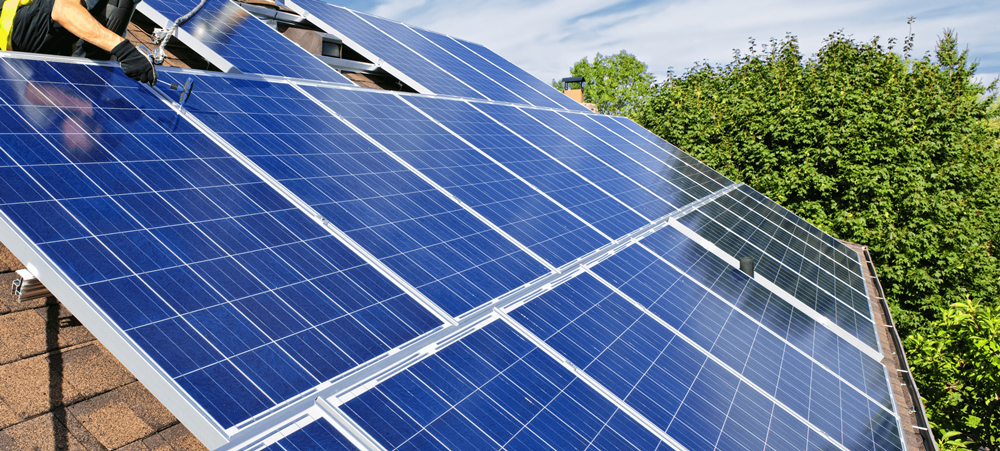1. Introduction
In the UK, any solar installation that connects to the national grid must follow strict technical rules to ensure safety and stability. These rules are detailed in two key UK standards: G98 and G99, managed by the Energy Networks Association and enforced through local Distribution Network Operators (DNOs). This article explains their meaning, differences, and what they mean for your solar installation.

2. What is G98?
G98 applies to micro-generation systems where the inverter is rated up to 16 A per phase, equivalent to 3.68 kW per phase. Ideal for standard domestic solar systems, G98 allows a ‘fit and inform’ approach: you can install the system first, then notify the DNO within 28 days of commissioning. There is no need for pre-approval, making it quick and simple for smaller systems.
3. What is G99?
G99 covers any system where the inverter exceeds 16 A per phase (3.68 kW). Applicable to larger domestic or commercial systems, or those with significant battery storage. Unlike G98, G99 requires pre-installation approval from the DNO, with a detailed application and technical checks. The process can take 2–8 weeks or more, depending on the complexity.
4. G98 vs G99: Key Differences
Here is a quick comparison between G98 and G99:
– Pre-approval: G98 ❌ / G99 ✅
– Post-install notification: G98 ✔️ / G99 ❌
– Application process: G98 simple / G99 includes detailed technical data
– Processing time: G98 – few days / G99 – several weeks
– Grid impact assessment: G98 – not needed / G99 – required
5. What You Need to Know Before Installation
Discuss with your installer whether your system requires G98 or G99 based on inverter size and export limits. A qualified installer will handle all DNO communications and approvals. Systems larger than 3.68 kW per phase without proper approval could be disconnected or deemed non-compliant, affecting warranties and insurance.
6. Why These Rules Matter
These standards exist to prevent grid instability, ensure safety for both your property and engineers, and help DNOs maintain infrastructure reliability as more solar systems are installed across the UK.
Final Thoughts
Understanding G98 and G99 ensures a smooth and compliant solar installation experience. If your inverter output is ≤ 3.68 kW per phase, you qualify for G98 — a quick ‘connect and notify’ scheme. If it’s above that threshold, you’ll need G99 pre-approval, which a professional installer like EMYRA will handle for you. With the right support, you can enjoy safe, grid-compliant solar power.

Comments are closed